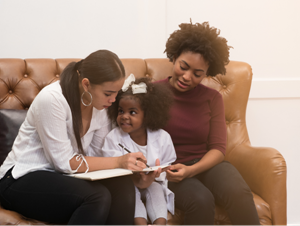Leaving a legacy
“We all have a story. I think it’s important to record some of it that we can pass on to future generations.”
What is your “legacy”? If you have ever thought about how you’d like to be remembered or what you might leave behind when you die, then you’ve been thinking about your legacy. Although you can use the money to create a legacy, it’s about much more than that. Each person’s legacy is unique. It doesn’t have to be fancy – it just has to be yours.
If you’re a parent, you may see your child or children as part of your legacy. They may already carry parts of you in ways that honour you. You may want to think about how you can add to their knowledge and understanding of who you are. Perhaps there are stories that they’ve never heard, for example, about what it was like for you to come out as Two-Spirit & LGBTQ+ or how much their support has meant to you. If there has been tension or discord between you and your child, this may provide an opportunity for you to try once again to ‘clear the air’ or mend your relationship.
The same may be true if you have a partner, spouse, or close friends. The bond that you share will ensure that you’re remembered, but you may want to strengthen it even more. Some ways that you might do this include:
- Creating an album of photos and writings.
- Recording messages and memories.
- Writing a poem or song or creating a piece of artwork.
- Asking someone to manage your Facebook or other social media account after your death.
- Recording or writing about your life and about what is important to you.
- Making a list of lessons learned.
Your legacy can also be a way to give to others after your death. For example:
- Donating money or other gifts, such as books, artwork, furniture, or plants, to a community organization of your choice.
- Offering to be interviewed by students or media hosts to pass on your knowledge and learning.
- Sharing ways you’ve coped with and overcome difficult experiences, such as violence, trauma, or discrimination.
“My late partner and another gay man were the first two men who received same sex benefits in Nova Scotia and then Canada Pension Plan survivors’ benefits. He was never one for publicity but I thought it was important to have him recognized in the Halifax Rainbow Encyclopedia. A portrait of him and stories of his life are now part of the Nova Scotia LGBT archives.”
Many people plan their funeral or celebration of life as part of their legacy. This may be especially important to you as a 2SLGBTQ+ person because it’s a way of claiming space where you can be fully honoured for who you are and the life you’ve lived. It may also be important to state anything that you don’t want to be included in a service for you.
You may wish to ask family or friends to help you plan the gathering, which might include photos, videos, music, or spoken words. Some people choose to write their obituary. You can make a record of your wishes or these details in your Will.
Your legacy is about acknowledging what you value and what is important to you. By taking time to think about this, you can create a legacy that truly reflects who you are and that may also benefit your family, friends, and community.
Read more
"When we age and are forced to downsize our belongings, we have to prioritize what has meaning. This may include photographs and other memorabilia that actually constitute the important history that formed our nation. Value this legacy and make every effort to preserve and share it."
As people age and begin to downsize their material possessions, important materials may be held in storage, etc. They become vulnerable to being discarded or donated by people who don’t know or understand their personal, social, or historical importance. Today, many people have significant “digital assets” on social media platforms like Facebook, Twitter, Instagram, etc., and as such, these form a digital legacy. It is possible in some of these platforms for owners to bequeath their accounts to a relative or loved one to maintain. If you feel your material or digital assets are of historical value, enquiring at a museum, archive, university, or community organization to determine, their interest is also an option.
Read more
Resources
Videos
More Articles

What does "2SLGBTQ+" mean?
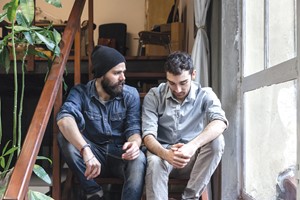
Managing difficult situations

Planning ahead: Your wishes

How to be an ally
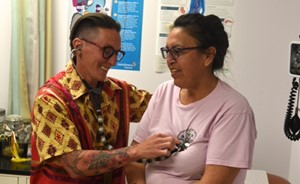
How to provide inclusive care to Two-Spirit & LGBTQ+ people
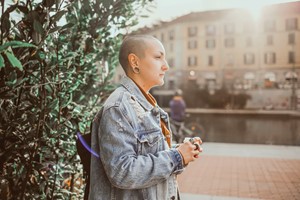
Getting the care that you need

About your grief

Choosing a healthcare advocate

Finding 2SLGBTQ inclusive care

Making an advance care plan

Choosing a financial advocate

Making a will

Finding inclusive continuing care
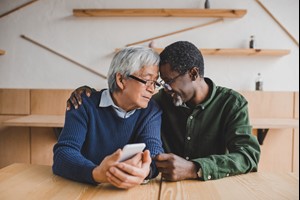
Why inclusivity matters

For family, friends, and unpaid caregivers

Canadian Healthcare Bill of Rights
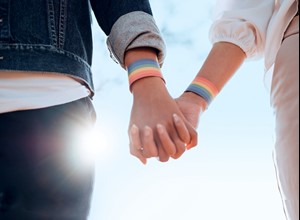
My Choices for Safe and Inclusive Healthcare
Featured Content

2SLGBTQ+ Canadian Healthcare Bill of Rights
Read More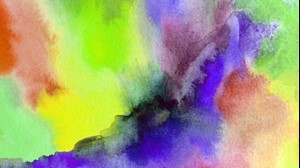
MyGrief.ca Module - Grief in 2SLGBTQ+ communities
Read More
My Choices for Safe and Inclusive Healthcare
Read More
Planning for My Care
Read More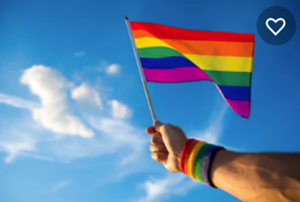
2SLGBTQ+ Knowledge Synthesis
Read More
Webinar: Improving access to respectful & inclusive care.
Read More
2SLGBTQ+ Canadian Healthcare Bill of Rights Infographic
Read More



